SGC Organising Team Members
More than a year before SGC begins, there are people volunteering countless hours during their early mornings, lunch breaks, and evenings to put together the experience that you, the delegates and partners, attend every year. A huge thank you to the wonderful team we have this year working towards SGC 2024!

Alessandra is a young professional with a background in International Relations, Intelligence, and Space Policy. Alessandra took her first steps in the space sector in 2015, joining the European Space Agency (ESA) Strategy Department in Paris with a focus on Member States’ space policy developments. In 2016, Alessandra was the recipient of the ASI-SIOI fellowship, bringing her to Vienna to work at the European Space Policy Institute (ESPI). There she investigated the role of private actors in the space sector and had the opportunity of learning more about the contribution of space technology to SDGs. Between 2017 and 2023 Alessandra worked full-time at Eurisy, facilitating the uptake of satellite-based solutions by societal actors. Currently, she works in the Space Diplomacy Unit- International Affairs Directorate at the Italian Space Agency (ASI).
Since 2021, Alessandra has been a member of the IAF EO Technical Committee and is part of the organizing committee of the IAF Launchpad Mentorship Initiative. Within the Space Generation Advisory Council (SGAC), Alessandra served as Project Groups Coordinator between 2018 and 2022, and SGC Deputy Manager for 2023 in Baku. Alessandra is now SGC24 Manager. For her long standing engagement in SGAC, she has been recently awarded with the SGAC Pioneer Award- Fall Ed. 2023.

Jessica is a Postdoctoral Researcher at the California Institute of Technology, conducting research in robotics. Previously, Jessica was in the MIT-WHOI Joint Program, conducting her PhD research jointly with the AeroAstro Department at the Massachusetts Institute of Technology (MIT) and the Applied Ocean Science and Engineering Department at the Woods Hole Oceanographic Institution (WHOI). Her PhD focuses on developing machine learning and decision-making algorithms for science robots in extreme environments, such as the surface of Mars or the depths of the ocean. Jessica is passionate about developing scientific systems that can aid both Earth and planetary scientists in expeditionary science. Her past research includes virtual and augmented reality environments for astronaut training and robotic control, self-assembling observation towers for the lunar surface, and mission concept designs for scientific missions to Titan, Triton and Ceres. Jessica has a Masters of Aerospace Engineering from MIT, and a Bachelor of Physics and Bachelor of Aeronautical Space Engineering from the University of Sydney. She interned at JPL as part of the Mars Science Helicopter team, and at Gilmour Space Technologies in Australia. She has tested robots on the International Space Station, travelled to Antarctica as part of the Homeward Bound leadership project, and spent two weeks as a simulation Mars astronaut in the deserts of Utah. Jessica was named a 2022 National Geographic Explorer for her work on robotics for coral reef conservation and planetary exploration. When she’s not conducting fieldwork on the reefs of the Caribbean or in the Arctic Circle, Jessica is a passionate SCUBA diver and EMT, and women in STEM advocate. Jessica has been heavily involved in the Space Generation Congress since she started her undergraduate degree, working as part of various SGFF and SGC teams, and as part of the SGAC PR and Comms Team and Strategic partnerships team.
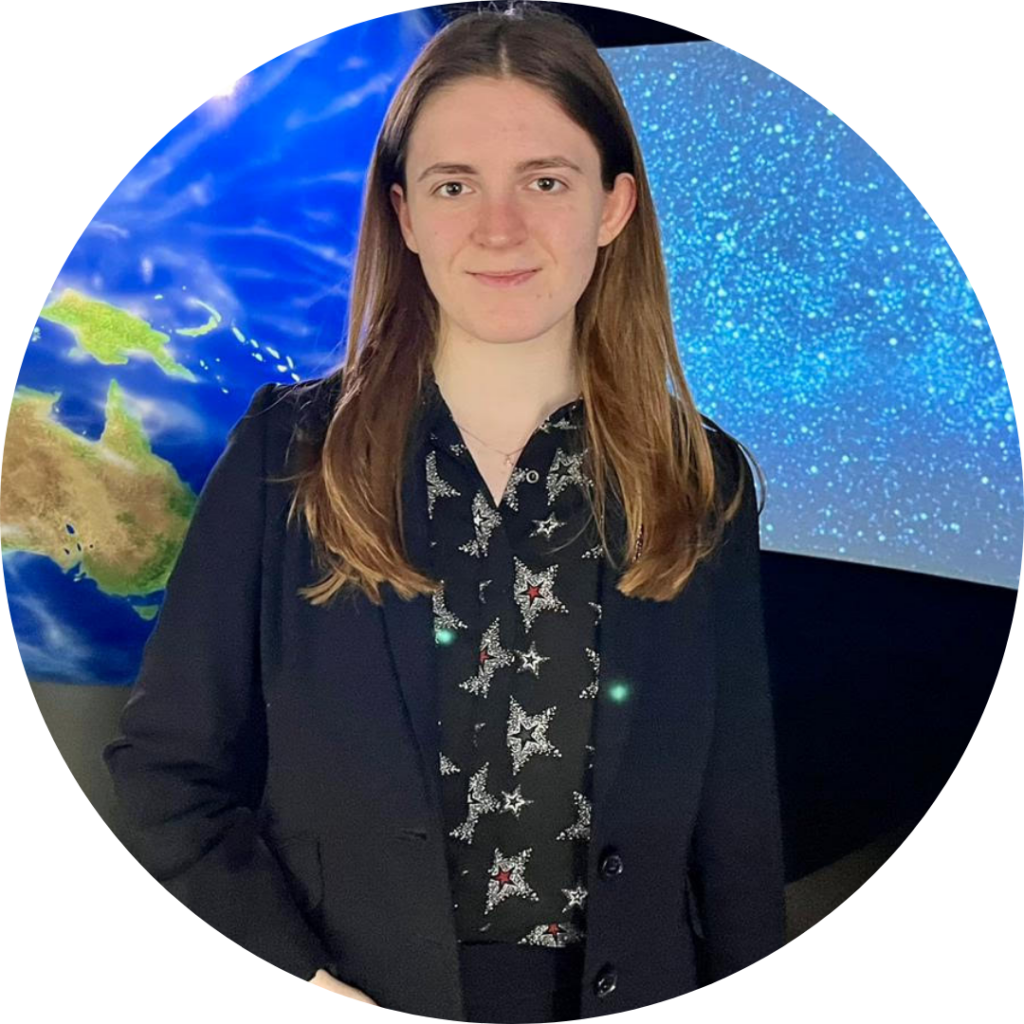
Rachel Venn is Junior Space Policy Officer at Astroscale, working towards Astroscale’s vision for a sustainable and circular economy in space. She holds a degree in Physics and Astrophysics and graduated with an MSc in Space Science and Engineering from the Mullard Space Science Laboratory at UCL, London, along with a year studying abroad at Waseda University in Tokyo on the prestigious UK-Japan Daiwa Scholarship. She is a graduate of the ESA/ECSL Summer Course on Space Law and Policy and serves as Rapporteur for the International Astronautical Federation’s annual session on Norms and Standards for Safe and Responsible Behaviour in Space. Before interning at Astroscale in Japan, Rachel worked as an analyst with space consultancy BryceTech, advising on space and technology policy projects, and previously interned in EU-Africa space data sharing policies at the European weather satellite organization EUMETSAT. She was on the organising team for both the G7 Youth Summit in Hiroshima and the European rounds of the Manfred Lachs Space Law Moot Court, and recently re-launched the Tokyo Space Network in Japan. She currently serves on the Early Careers Subcommittee of the Space Group of the Royal Aeronautical Society.
Passionate about connecting people and building a strong space community, Rachel has been actively involved with the Space Generation Advisory Council since 2021, supporting SGAC’s 29,000+ members in support of the United Nations Programme on Space Applications. She has served as Reports Editor and Reports Coordinator, and was on the leadership team of the SGAC Task Force on U.S. Space Policy. She was a recipient of the 2022 European Space Leaders Award to attend the European Space Generation Workshop in Limassol, Cyprus, where she supported as working group moderator and was also responsible for the conference programme as member of the organising team. She was also awarded winner of the UNOOSA Space4Youth competition in 2023 and recipient of the Northrop Grumman Award in 2024. Most recently, she led the programming team in the 21st Space Generation Congress in Baku, Azerbaijan. Rachel is now Synergy Manager for the upcoming 22nd Space Generation Congress in Milan, Italy.
Delegates Team

Megha is a final year student at ISAE-SUPAERO in Toulouse, France, pursuing her master’s in aerospace engineering with a specialisation in Space Systems. She completed her bachelor’s in Electrical Engineering in India. In the past, she has served as the Vice-Chair of SEDS India, Chairperson of SEDS-VIT, and the Expansion Chair of WoAA International. Within Space Generation Advisory Council (SGAC), she has had various roles – NPoC of India, Onboarding Team Member on the Human Resources Team, Mentoring Committee member and she is a volunteer in the OGL Project Group. The recipient of the NASA SCaN and SGAC Scholarship 2021 and the European Space Leaders Award 2023, her interests include orbital mechanics, space systems engineering, and planetary science. As a woman of colour, she is passionate about advocating for diversity and inclusion and wants to help make space accessible for everyone. She likes to read fiction, draw, and go on walks in her free time.

Daniel is a passionate newspace enthusiast with a background in physics, currently transitioning to data science. He is a graduate of Kogi State University and has gained practical experience as a research and development intern at Nigeria Communication Satellite Limited. He is interested in Space sustainability and Space application.
In addition to his professional pursuits, He is also an advocate for the Sustainable Development Goals (SDGs). He strongly believes that space technology can play a crucial role in achieving these goals. Daniel actively promotes the importance of utilizing space resources and technology to address global challenges and improve the lives of mankind both here on earth and in space.
One of Daniel’s notable qualities is his enthusiasm for educating young minds about space and its wonders. He enjoys sharing his knowledge and inspiring the next generation of space enthusiasts.

Talha brings a wealth of experience in multiple domains. As an AW-139 Pilot with certifications in NVIS, Maritime, and Multi-Purpose Operations, along with extensive Pilot-in-Command experience of more than 1000 flying hours, He has demonstrated proficiency in a range of aircraft systems, including Turbo-props, Turbojets, and Helicopters over an impressive 8-year span. With a Flight Safety Officer certification from the College of Aviation Safety Management (CASM) and a Post Graduation Diploma in Flight Safety Management from Air University Islamabad, Talha is committed to ensuring the highest standards of safety in Aviation. His achievements in the domain of space have been recognized globally, receiving the IAU’s Telescope Award in 2022 for his contributions in space education, and the Nebula Award from the SGAC in 2023. Serving as Pakistan’s NPoC for SGAC, He contributes actively to the global space community through his work. Few notable highlights of his work are bringing the NASA Citizen Scientist Program to Pakistan and being a part of the Organizing Team of SGC23. Engaging with govt and corporate setups for space education since last four years, Talha is also a dedicated Space Communicator. Additionally, his entrepreneurial spirit is reflected in founding Skypie NFTs, a decentralized, non-fungible collection on Opensea.Io, and co-founding Hustlers, a community of artists in Web3.0. His multifaceted skills extend beyond aviation to include Scuba Diving certification from Scuba Club Karachi and HUET (Helicopter Underwater Escape Training) certification from Pakistan Navy.
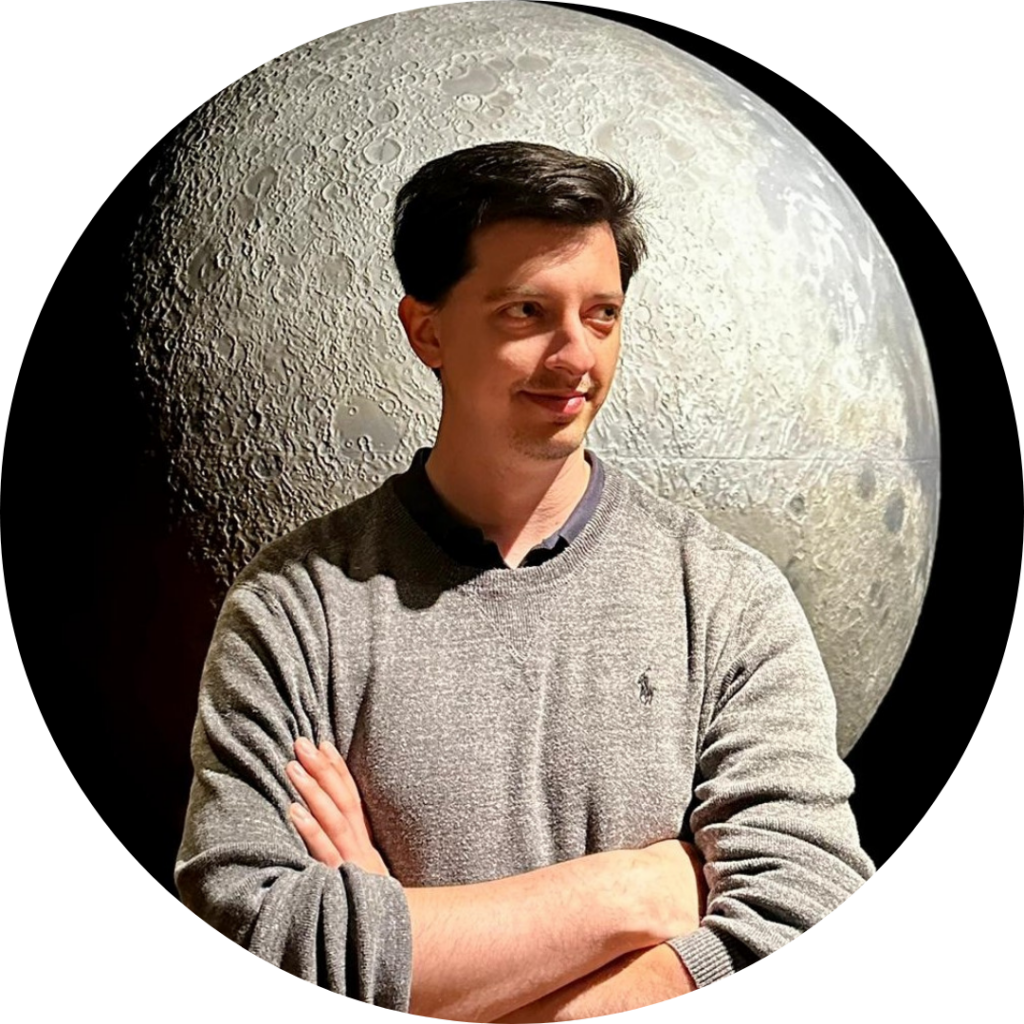
Matej is a space professional currently based in Munich, Germany, working as a Flight Operations Engineer at DLR for the Columbus module of the ISS. Formerly a Young Graduate Trainee at ESTEC, European Space Agency, he worked in the Software Systems division and was primarily involved with data modelling and software engineering activities. Later he worked on mobile robotics and cubesats in private sector. Matej has been involved in SGAC since 2018, and since then also started contributing to IAF. He completed his education at the University of Glasgow with a BSc in Statistics and a MSc in Software Development.
PR&Comms Team
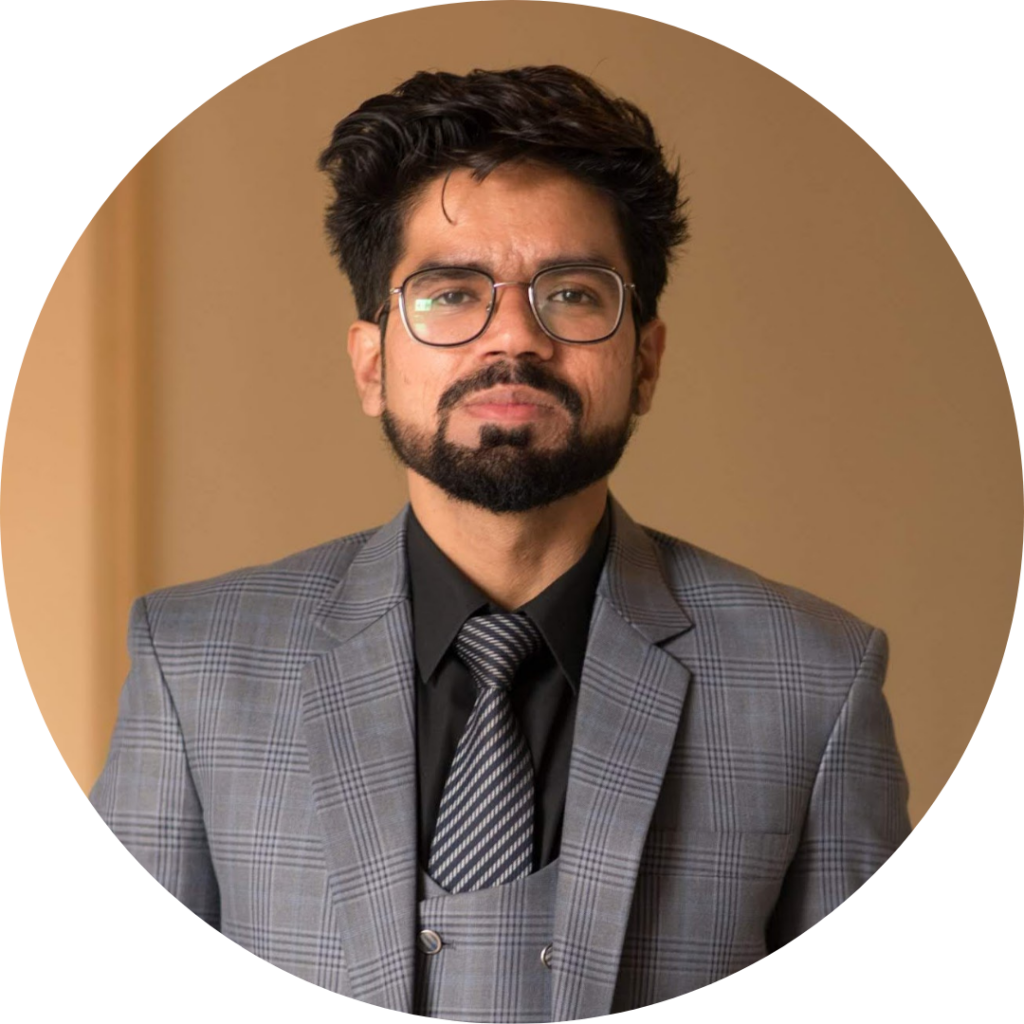
Hanzila is a dedicated and driven young professional with over three years of experience in SSA applications. He excels in problem-solving and research, particularly in the field of Space Situational Awareness (SSA). With expertise in both IT and SSA, he is focused on using modern software to develop creative solutions.
Beyond his professional pursuits, he’s an enthusiastic astronomer and astrophotographer, finding solace and inspiration in the vastness of the cosmos.With a particular passion for inspiring young astronomy enthusiasts, he organizes kids’ outreach activities, sharing his knowledge and sparking curiosity about the universe.
As a software developer, he has a strong grasp of complex systems, ensuring their integrity and resilience, while also being skilled in full-stack application development. His background in IT combined with his passion for space gives him a competitive advantage.
Additionally, Hanzila dedicates his spare time to community service, where he leads diverse volunteer activities, tech projects, and community initiatives. He conducts efforts with Greensquad for cleaning and plantation drives, while also participating in climate awareness sessions. Notably, he also contributes to Maplibre, a Geographic Information System library, and Shopversia, a Virtual Reality project.
His passion and commitment are evident whether he’s coding or stargazing. He eagerly embraces new experiences and thrives in innovative environments. With an unquenchable thirst for knowledge and a relentless drive, he is known for tackling challenges with enthusiasm and determination.
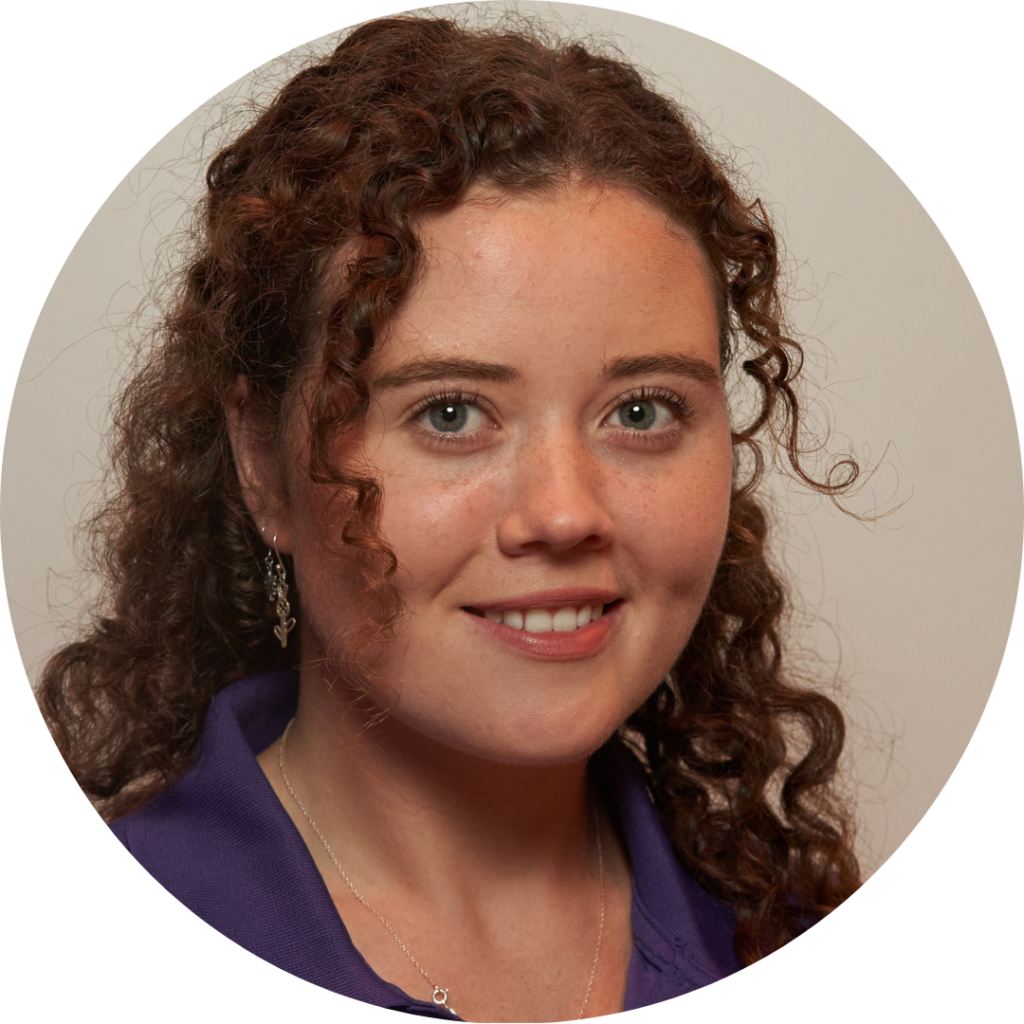
Catriona is a passionate and dynamic young professional at the forefront of exploring the intersection of space technology and human societies. Currently, Catriona is leveraging her expertise to help unlock the potential of remotely connected devices through satellite IoT at Lacuna Space. Prior to this, Catriona gained experience in business development at the European Space Agency (ESA). Catriona holds an MSc in Digital Anthropology from UCL, where her specialisation in digital data processing with astronomers underscored her commitment to understanding the evolving relationship between technology and humans. In her free time Catriona volunteers as a children’s science communicator at the Museum of Natural History in Oxford, finds joy in participating in the local run club, and has taken up learning Russian, inspired by her anthropological work on socical science studies of space and motivated to read primary texts in their original language.
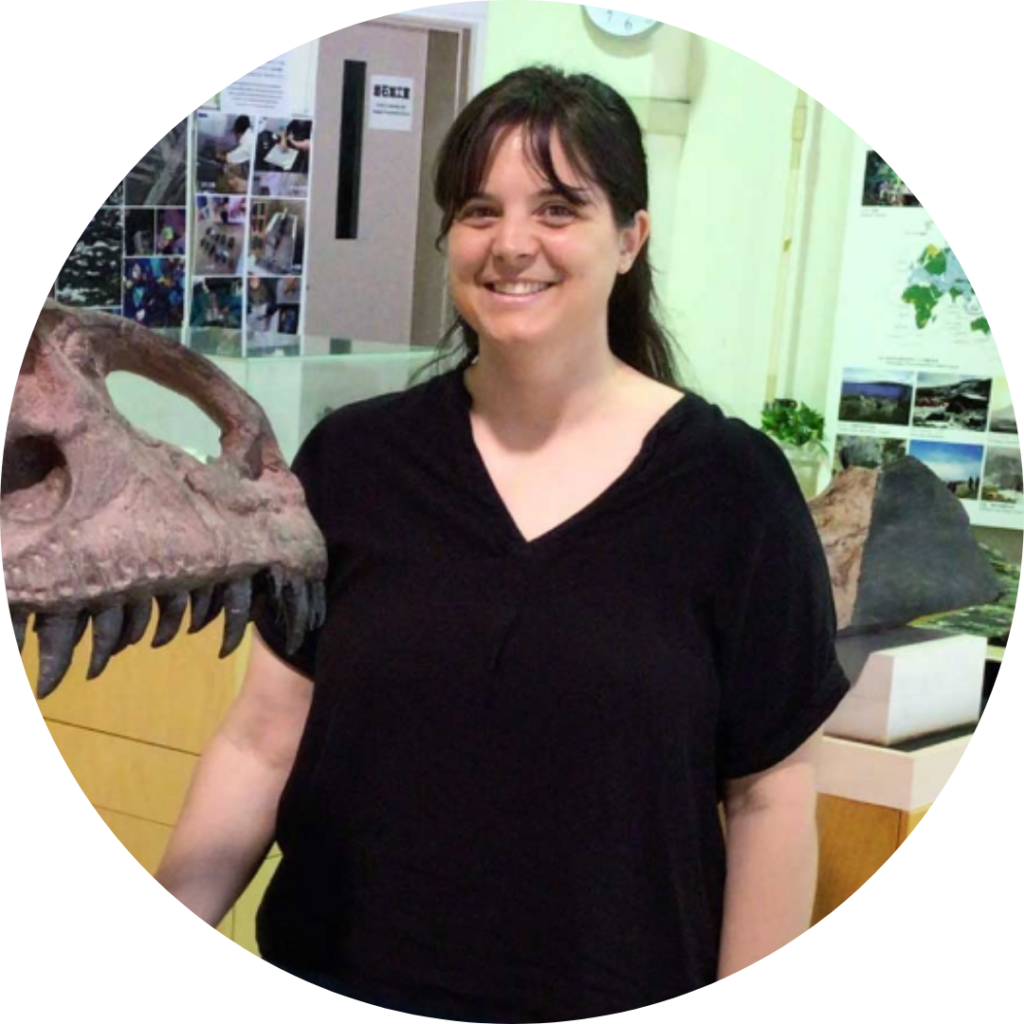
Ciao, I am Selene. I’m a PhD student at the Earth-Life Science Institute, in Tokyo. Here, I am researching the origin of life on Earth and beyond. I did my undergraduate in archaeology because I wanted to discover what the Earth could tell us about our past. Now, my research is in prebiotic chemistry, investigating what processes might have sparked the origin of life on Earth’s ancient ocean hydrothermal vents. Outside academia, I am a rugby player and a member of the university karate club.
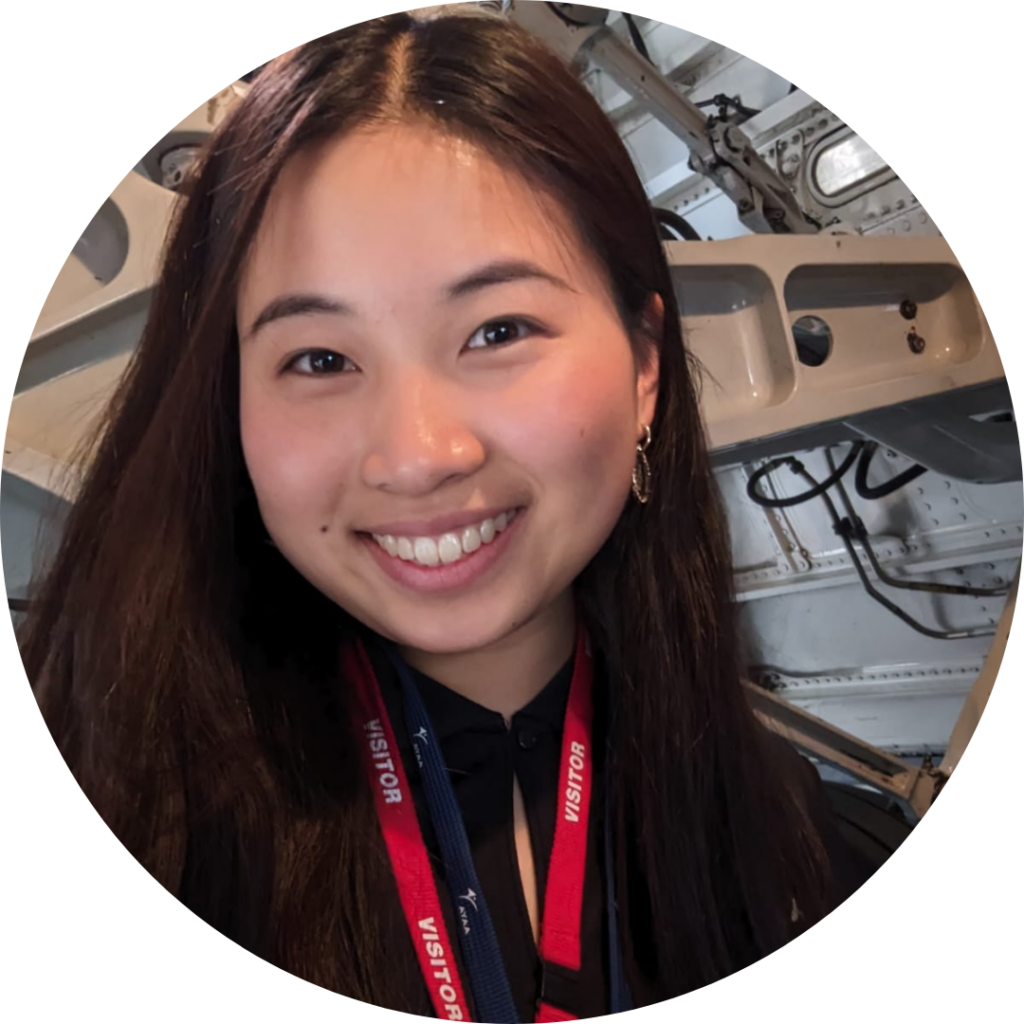
Kaylee Li is the Founder & Project Lead at the Sydney Interplanetary Rover Initiative. She also serves as Asia-Pacific Regional Executive Secretary for SGAC. At university, Kaylee works as an Engineering Faculty Communicator whilst pursuing her Aerospace Engineering degree. Currently, she is working at LEAP Australia, a leading engineering simulation and PLM applications company, where she serves as the University Student Team Partnership Coordinator. Prior to this, she actively contributed at Optus Satellite and Space Systems as a Project Coordinator for an Australian SATCOM program. In her leisure time, she is a certified scuba diver looking for the next adventure.
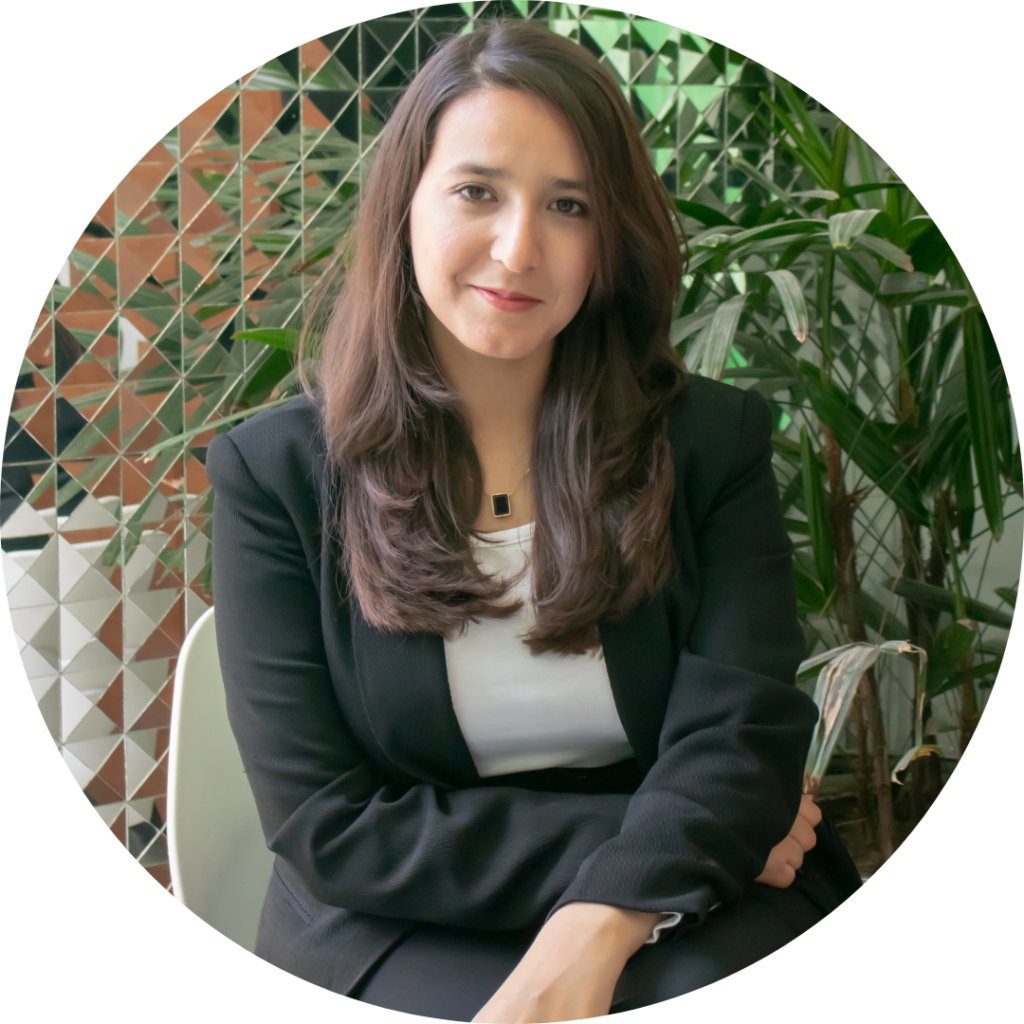
Yumna Majeed is a dedicated Space Educator and the founder of Exploration, a STEAM Education organization with a focus on outer space, actively promoting astronomy and space technology in Pakistan since 2016. She firmly believes that every child should have their space-related questions addressed, a need often overlooked in traditional classrooms. To address this gap, she collaborates with various international space organizations, bringing the wonders of the cosmos directly into classrooms.
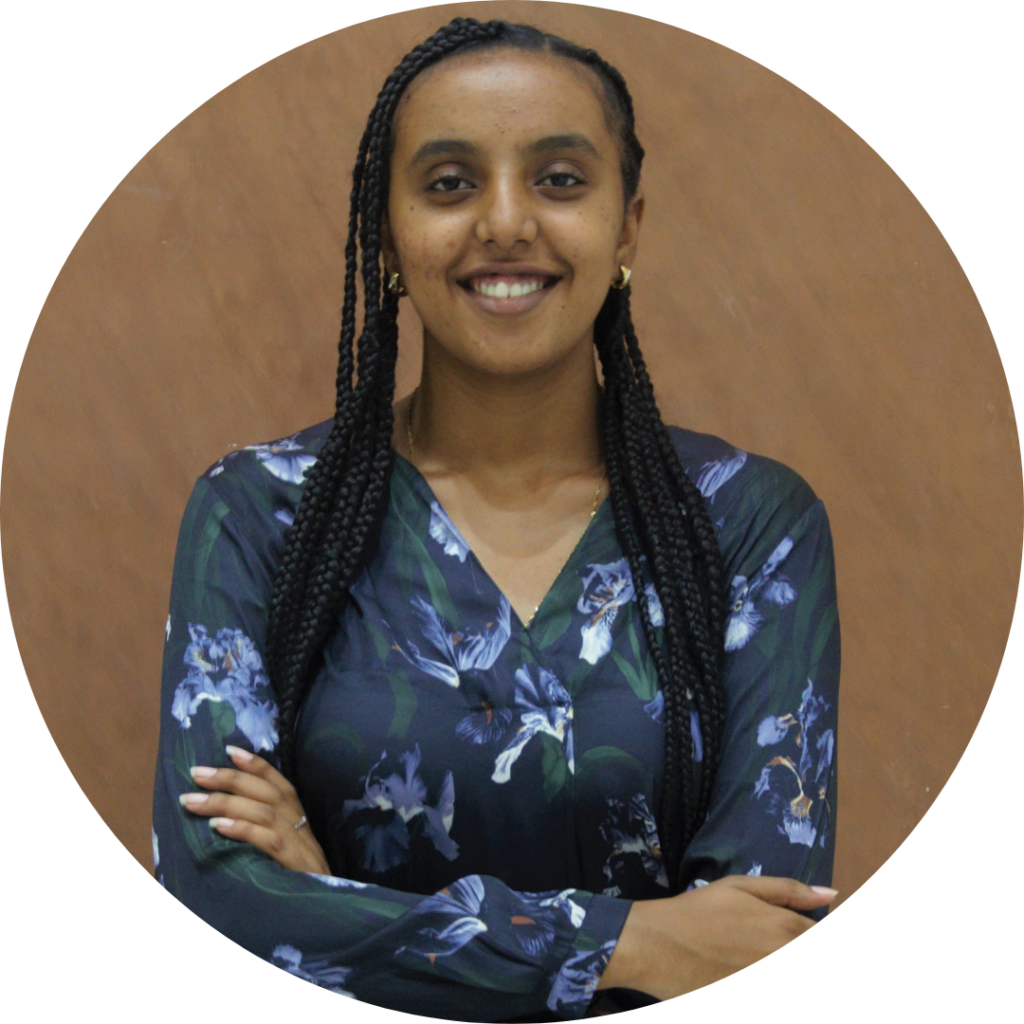
Tsion is an Ethiopian who completed her Bachelor’s in Aerospace Engineering in India. Presently, she volunteers with the Space Generation Advisory Council (SGAC), serving in various roles, including as Co-Lead of the Public Relations and Communications Team. She aspires to work in the aerospace industry and contribute to her community.
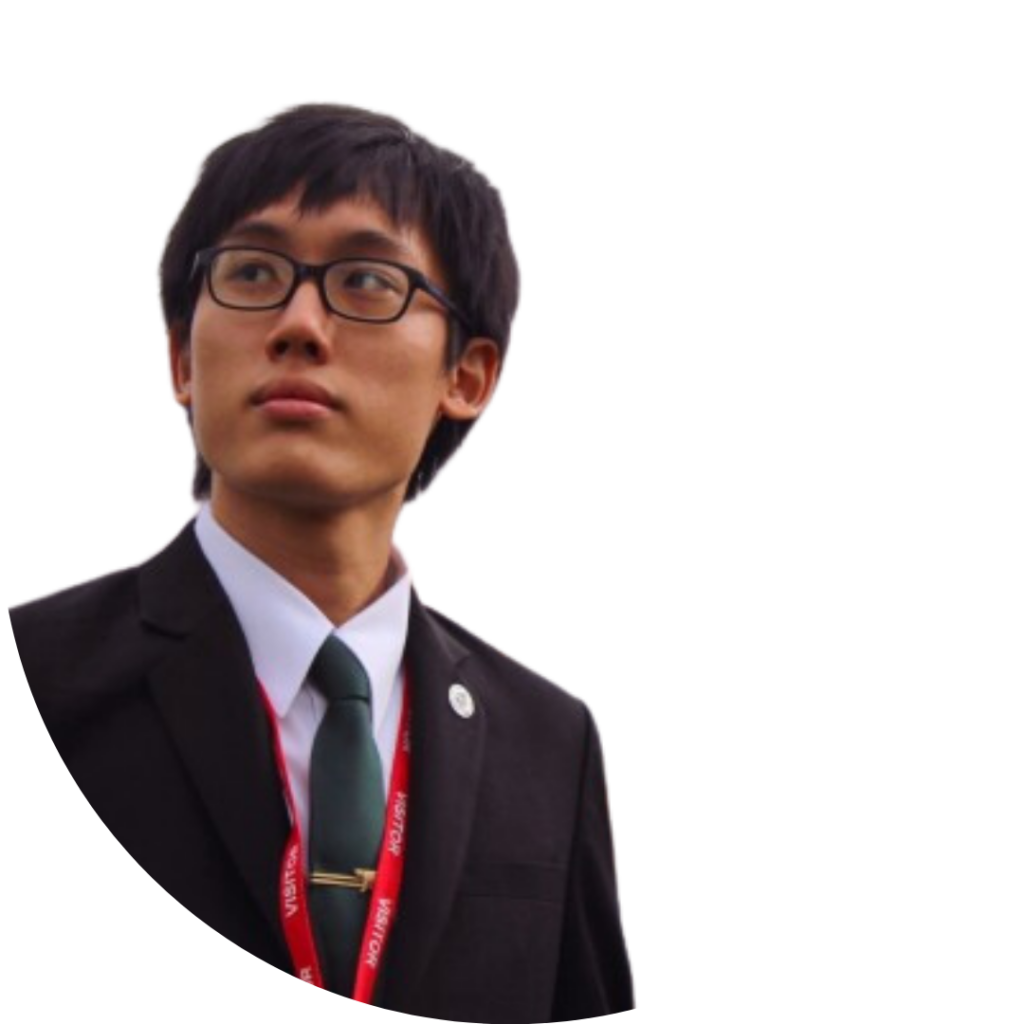
Chanud (CNSN) is a young professional currently serving as a research coordinator and international liaison officer for the Geo-Informatics and Space Technology Development Agency (GISTDA) of Thailand along with being an undergraduate aerospace engineering student at the University of Bristol who specializes in both science and art as well as having a solid multidisciplinary background. He utilizes these skills to develop unique solutions and deliver STEAM-based projects across a wide range of mediums from award-winning short films to NASA research competition programs. He also runs a personal creative agency and research entity under the name of “nmagine creative laboratory (N-LAB)” to work on even more specialized, usually bigger projects. Chanud has been a part of SGAC since 2020 and served multiple positions from within the Space Exploration Project Group (SEPG) to the main Public Relations & Communications Team – creating a number of key visuals for the organization, with the recent first edition of SG[UK] in June 2024 being his latest achievement. Chanud has been invited to help provide his skills for SGC 2024 and will deliver design works for the event based on the existing branding for this year’s edition in Milan.
Programming Team

Ashley A. Kowalski is a project leader in The Aerospace Corporation’s International Programs Division, where she works with, represents, and provides technical support to the U.S. Space Force Space Systems Command International Affairs (SSC/IA) office, as well as various civil sector organizations (e.g., NASA and FAA). Her responsibilities include developing collaborative opportunities, deepening interoperability, scalability, and resiliency, and integrating space enterprise assets with our allied partners to develop a coalition space enterprise through international space partnerships. A significant focus of her partnerships work includes In-Space Servicing, Manufacturing, and Assembly (ISAM) and the cislunar landscape. Kowalski joined Aerospace in 2014 as a member of the technical staff in the Space Architecture Department. She later served as a project engineer in Project West Wing, a project engineer in Global Partnerships, and a project leader in International Partnerships. Outside of Aerospace, Kowalski served as the flight engineer for SIRIUS-21 (Scientific International Research In a Unique terrestrial Station), an eight-month, long-duration spaceflight analog mission held in Moscow, Russia. This was a collaborative project between the National Aeronautics and Space Administration (NASA) Johnson Space Center’s (JSC’s) Human Research Program and Russia’s Institute for Biomedical Problems (IBMP) that studied the effects of isolation and confinement on human psychology, physiology, crew dynamics, crew autonomy, and the general behavioral health of the crewmembers. In addition to this astronaut analog mission, Kowalski served as the crew engineer for the first-ever, all-Aerospace analog crew sent to the Mars Desert Research Station (Crew #269), where the crew tested new technologies and methodologies that could help shape the future of human space exploration. Molding her career into one that combines Kowalski’s technical background with her interest in human spaceflight, foreign affairs, and space policy is something to which she has dedicated much of her time thus far. Many of her experiences have been through various exchange programs during which she lived and worked in Russia, Germany, and China, and thus was able to gain first-hand perspectives and a well-rounded understanding of the global space industry. Kowalski is proficient in Russian and German, and fluent in Polish. In her free time, she enjoys performing in and attending musicals, theater, and dance productions, Polish folk dancing, stand-up paddleboarding, traveling, learning languages, and playing/watching soccer.
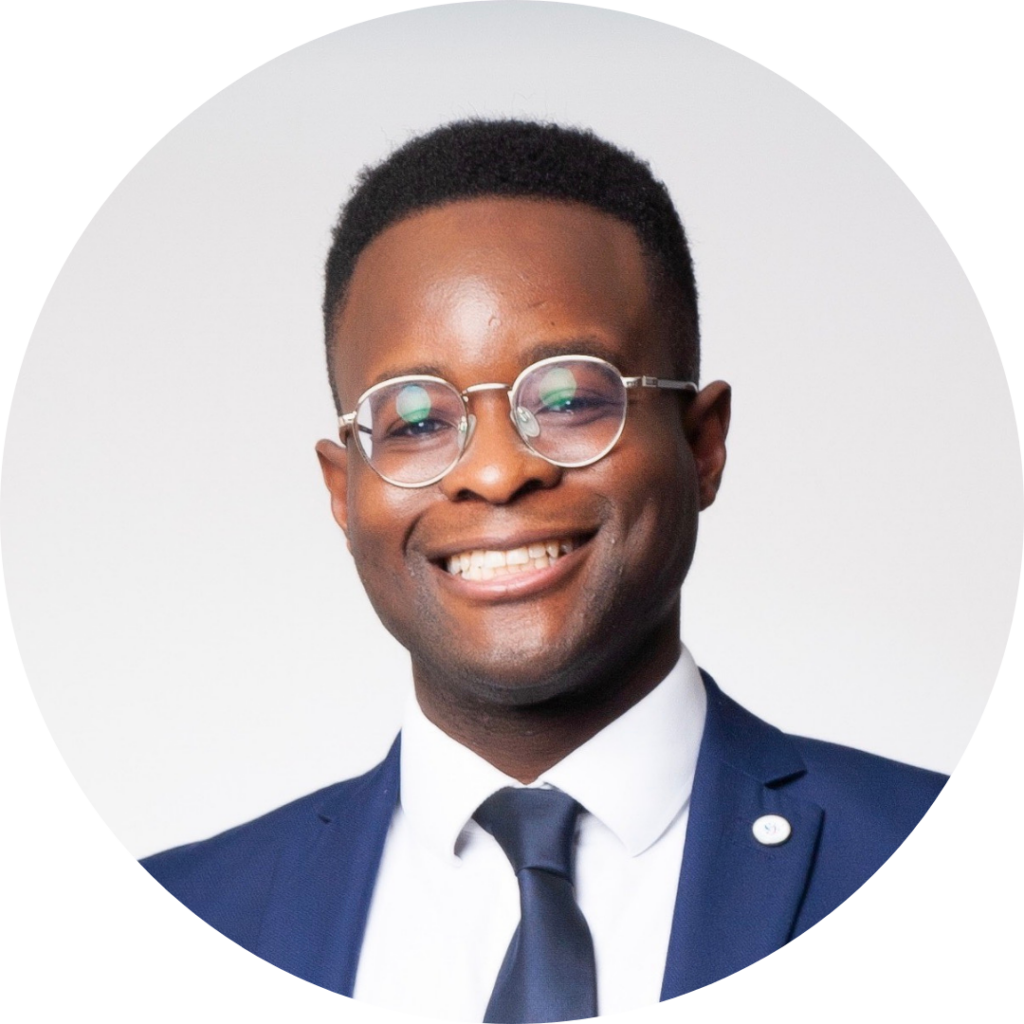
Didun was born in Nigeria and is from Wales, UK. He is a doctoral student at Luleå University of Technology, Sweden, researching Design and Qualification of Additive Manufacturing (AM) for Space Applications.
He holds an MSc in Astronautics and Space Engineering from Cranfield University, having read General Engineering at Grey College, Durham University. Didun received the Royal Academy of Engineering and RAeS MSc Award and obtained a Joint UKSA-ESA scholarship to attend the International Space University’s Space Studies Program hosted by NASA Glenn Research Centre in Ohio, USA. Didun recently published his Licentiate thesis, “Surface Roughness Considerations in Design for Additive Manufacturing: A Space Industry Case Study.”
Before his PhD, Didun was the Programme Manager for the Board of the UK’s Aerospace Growth Partnership, the UK business-government forum for the aerospace industry. In this role, he managed the activities of the UK Aerospace industry’s business and government leaders.
Didun has attended SGC as a UK delegate on three occasions and worked as the NASA Space Exploration Working Group moderator in 2019. Additionally, at IAC in Adelaide, Australia, he received the “Young ESA—SGAC Diversity Scholarship 2017” for his essay and spoken word poem “Space 4.0 a United Europe.”
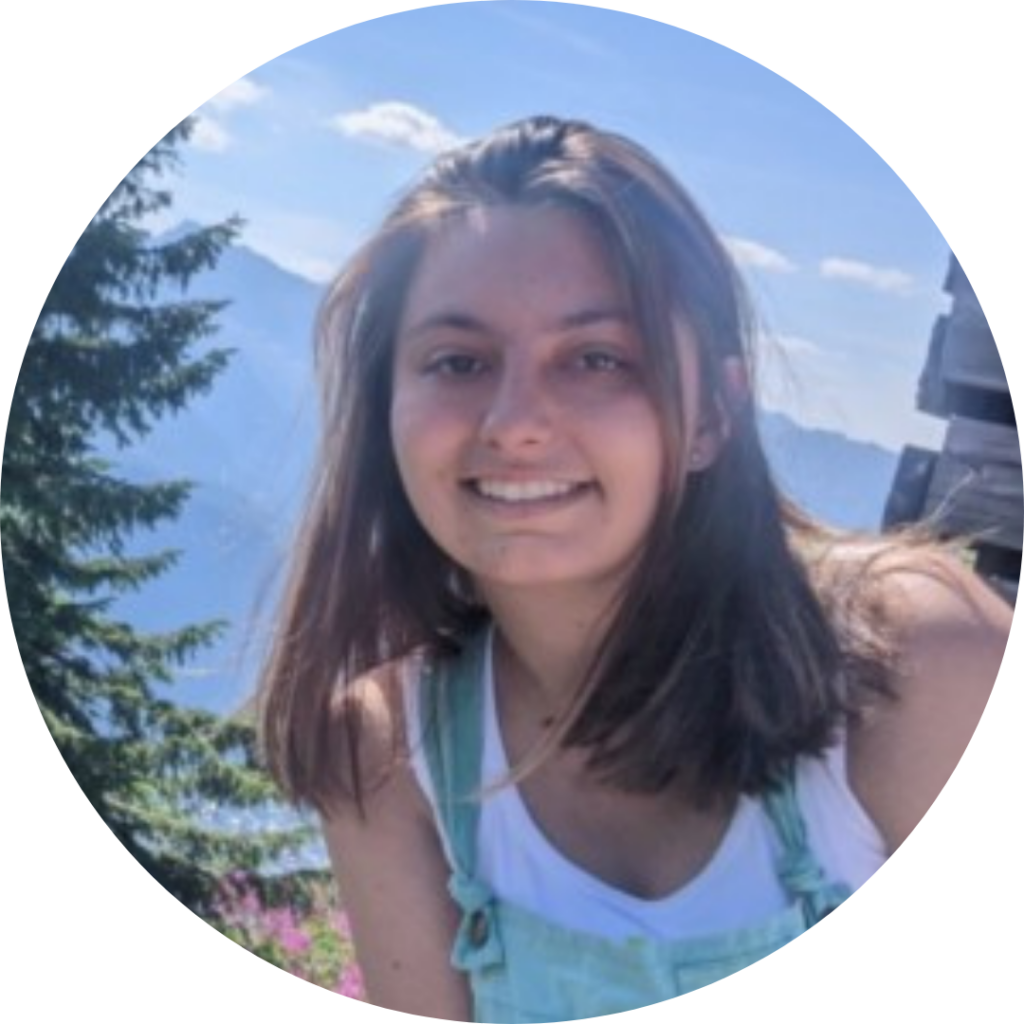
Mathilde is a computational scientist at the European Center for Medium Ranger Weather Forecasts (ECMWF) where she works on the Destination Earth initiative, which seeks to create a digital twin of the Earth. In this role, she works on a novel data extraction software called Polytope Feature Extraction. Prior to this, she studied for a MSc in Mathematical Modelling and Scientific Computing at the University of Oxford, from which she graduated in 2022. She also holds a BSc in Mathematics from the University of Warwick, which she completed in 2021. In her free time, she volunteers at SGAC as Local Events Coordination Team lead and as part of different event organising teams. Outside of aerospace, she also likes to travel, practice the piano and play squash.
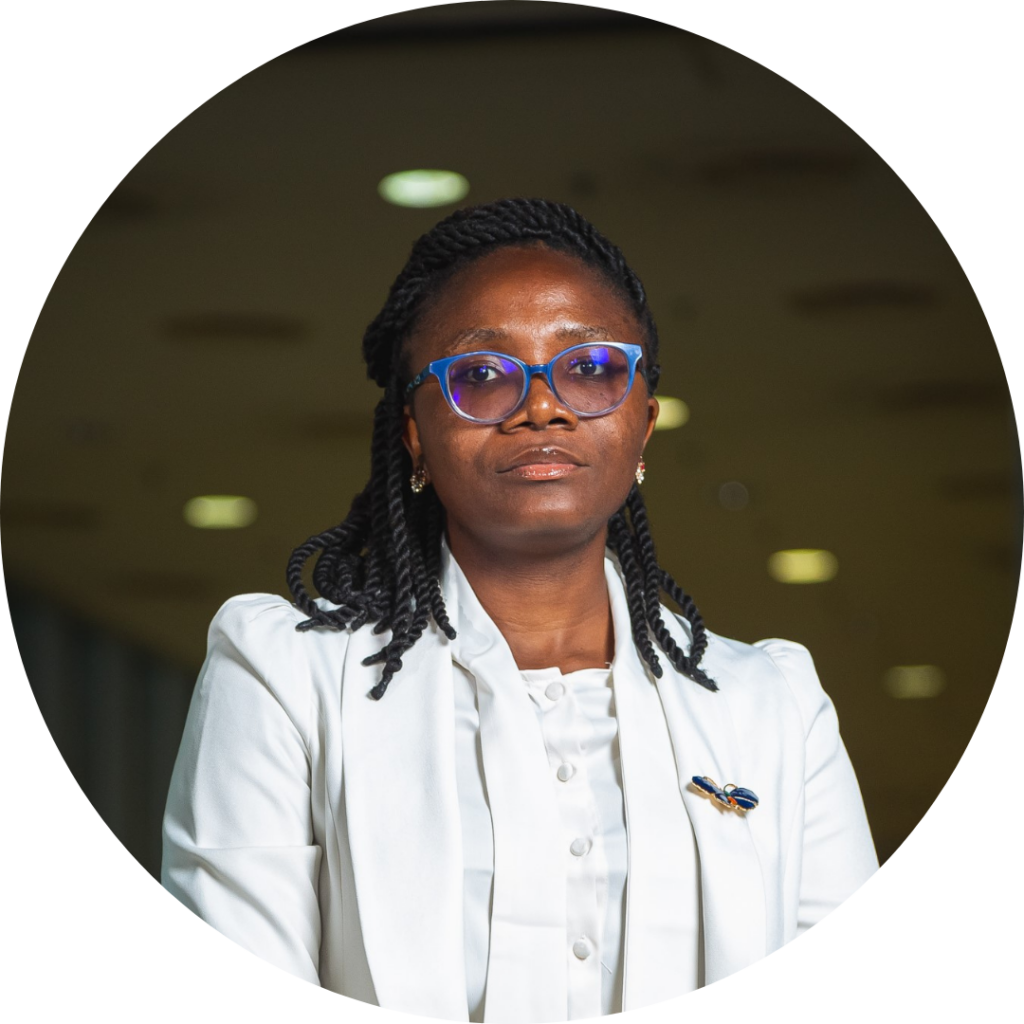
Fisayo is a young professional whose passion for the space industry lies at the crossroads of research and analysis. She currently works in Space in Africa, an African Newspace company focused on strategic consulting, data analysis, and market research for the African space and satellite industry

Theo, an enthusiast for space exploration, found his passion at young age while watching Star Trek with his father. Since that moment, his dream has been to become a space engineer and contribute to humanity’s ventures beyond Earth. In 2022, Theo completed his diploma thesis in mechanical engineering, specializing in aerospace engineering, after gaining valuable experience through internships at MTU Aero Engines and Airbus, where he immersed himself in additive manufacturing technologies. Transitioning to a role as a research associate at TU Dresden in 2023, Theo further expandes his expertise by delving into cutting-edge projects focusing on Lunar In-Situ Resource Utilization (ISRU) for landing structures and Solid Oxide Fuel Cells (SOFC) for space applications. Simultaneously, Theo embarkes on a journey towards a PhD., delving deeper into the complexities of lunar landing pads additively manufactured via in-situ resource utilization. Outside of academia, Theo contributes actively to shaping the future of space engineering as a member of the VDI Aerospace Advisory Board. Through his dedication and expertise, Theo aims to advance humanity’s presence and capabilities in the cosmos, making significant strides towards the next frontier of space exploration. In his leisure pursuits, he enjoys playing the piano, alongside golfing, climbing, and skiing.Rachel is an active SGAC member serving currently as Reports Coordinator, and formerly as Reports Editor and on the leadership team of the SGAC Task Force on U.S. Space Policy. She served on the Programme Team of the 6th European Space Generation Congress in Cyprus and received the European Space Leaders Award in 2022.
Logistics Team
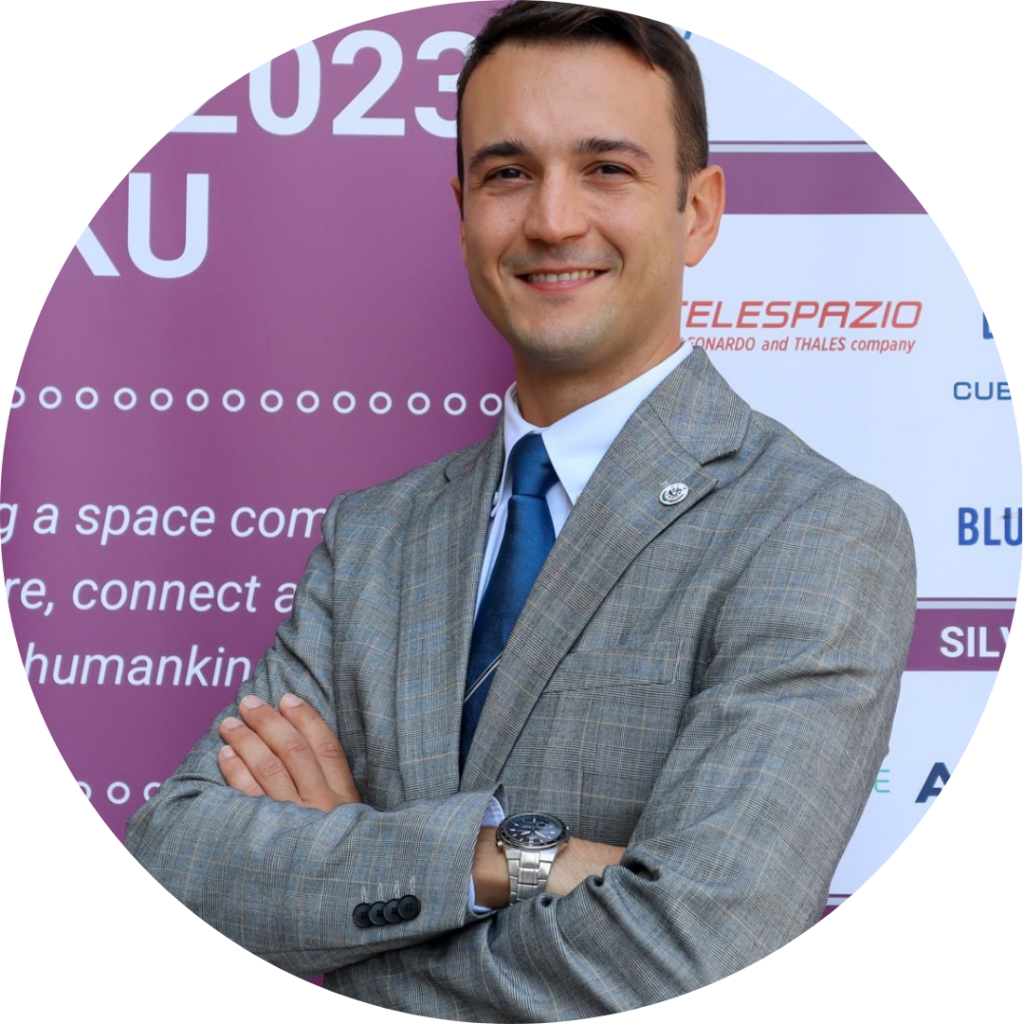
Marco is an aerospace engineer passionate about space exploration, access to space, and mitigation of space debris. He is currently pursuing his PhD in space propulsion at the University of Rome Sapienza, where he is investigating chemical reactions and modelling CFD turbulent combustion for a new hybrid motor in collaboration with the University of Brasilia.
He holds an MSc in Aerospace Engineering from the University of Naples Federico II and an MSc in Astronautics and Space Engineering from Cranfield University. He has been involved in projects and research related to Space Situational Awareness, debris mitigation, hypersonic systems, and microgravity experiments. During his research activities, he participated in the 77th ESA parabolic flight campaign to qualify a new drag sail system for small satellites and he is investigating microgravity research on light aircraft.
He has been actively involved as a delegate in several SGAC events, including SGC23 in Baku and the 3rd and 5th Italian Space Start-Up Competition.
In his free time, Marco is currently learning French and exploring the field of autonomous drones. He loves skiing as well as scuba diving.
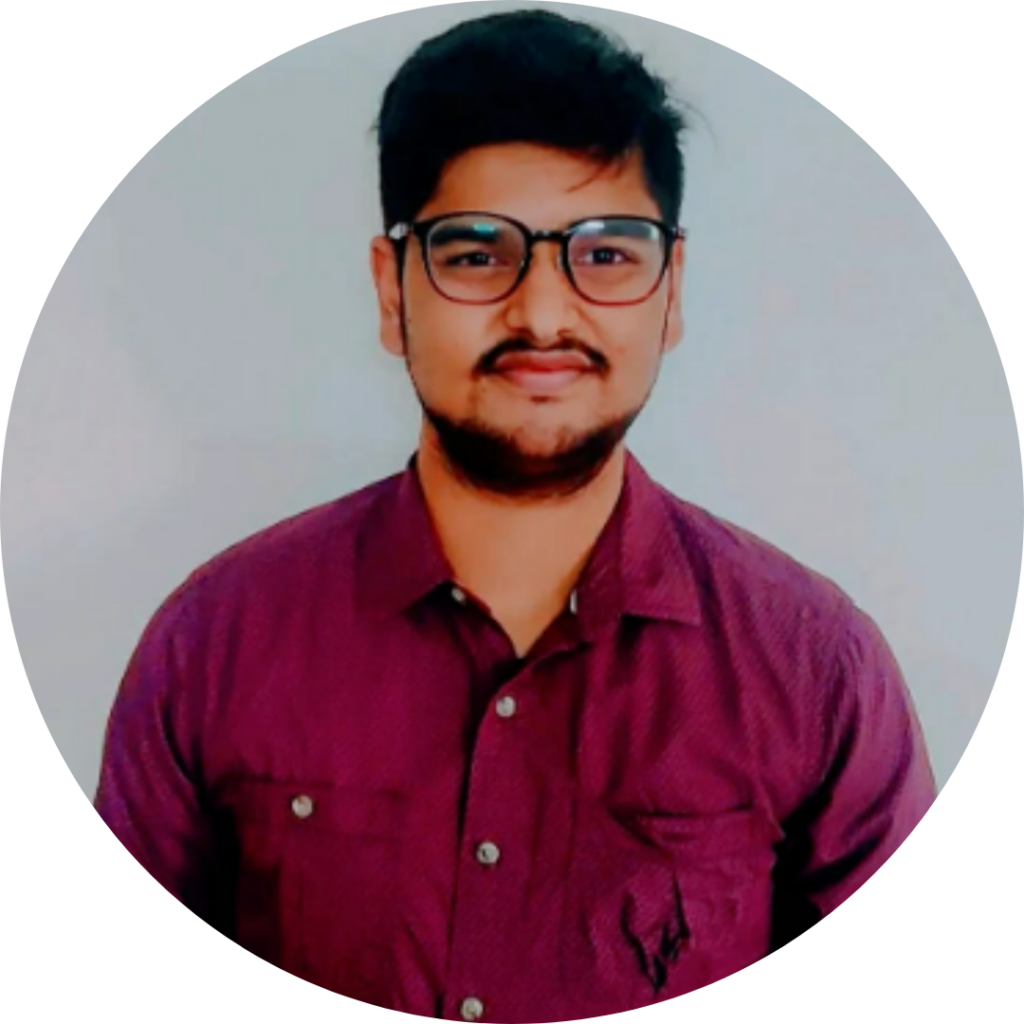
Tanmay Sharma is a student pursuing his master’s degree in Computer Science from the University of Utah, Salt Lake City, USA. He received his B.Tech Degree in Computer Science Engineering from Dayananda Sagar University in Bangalore, India. He has a keen interest in the fields of Artificial Intelligence, Machine Learning, Robotics, Space, and Astronomy. He loves to overthink and tinker.
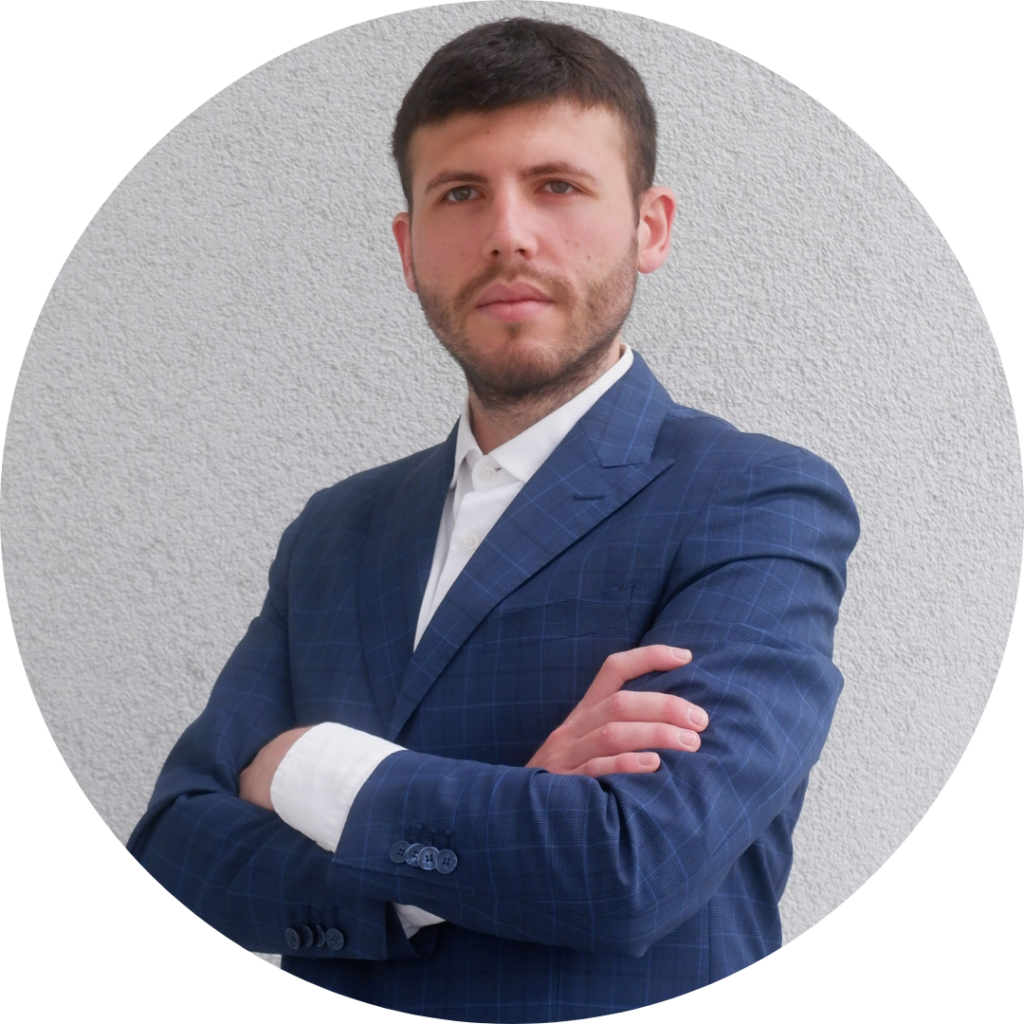
Francesco Ventre is a Business Developer at ispace Europe. He holds a BSc in Aerospace Engineering from the University of Naples “Federico II” and an MSc in Space Engineering from Politecnico di Milano. He is an ISU Space Studies Program alumnus from the class of 2021. Passionate about aerospace entrepreneurship and economy, he is the co-founder (and former CEO) of Walle srl the first Italian airline for “taxi-drones”. Before joining ispace, he was the innovation manager of the most prominent cluster of manufacturing companies in northeast Italy. He is an active member of SGAC, Women In Aerospace, and the IAF Space Entrepreneurship Committee. Within SGAC, he took part in several events, covering different roles (1st ISSC, 5th ISSC, 7th ESGW, SGFF 2024, SGC 2023 & 2024), moreover, he is the co-lead of the Commercial Space Project Group and winner of the European Space Generation Leadership award 2024. He is on the Advisory Board of Polispace, the first space association of Politecnico di Milano that he co-founded in 2020. At the end of 2021 he also contributed to the creation of SEDS Italy, the federation of Italian universities space associations; he is now part of the Advisory Board. He is author and co-author of several conference proceedings. His hobbies include watching anime, reading, and listening to music
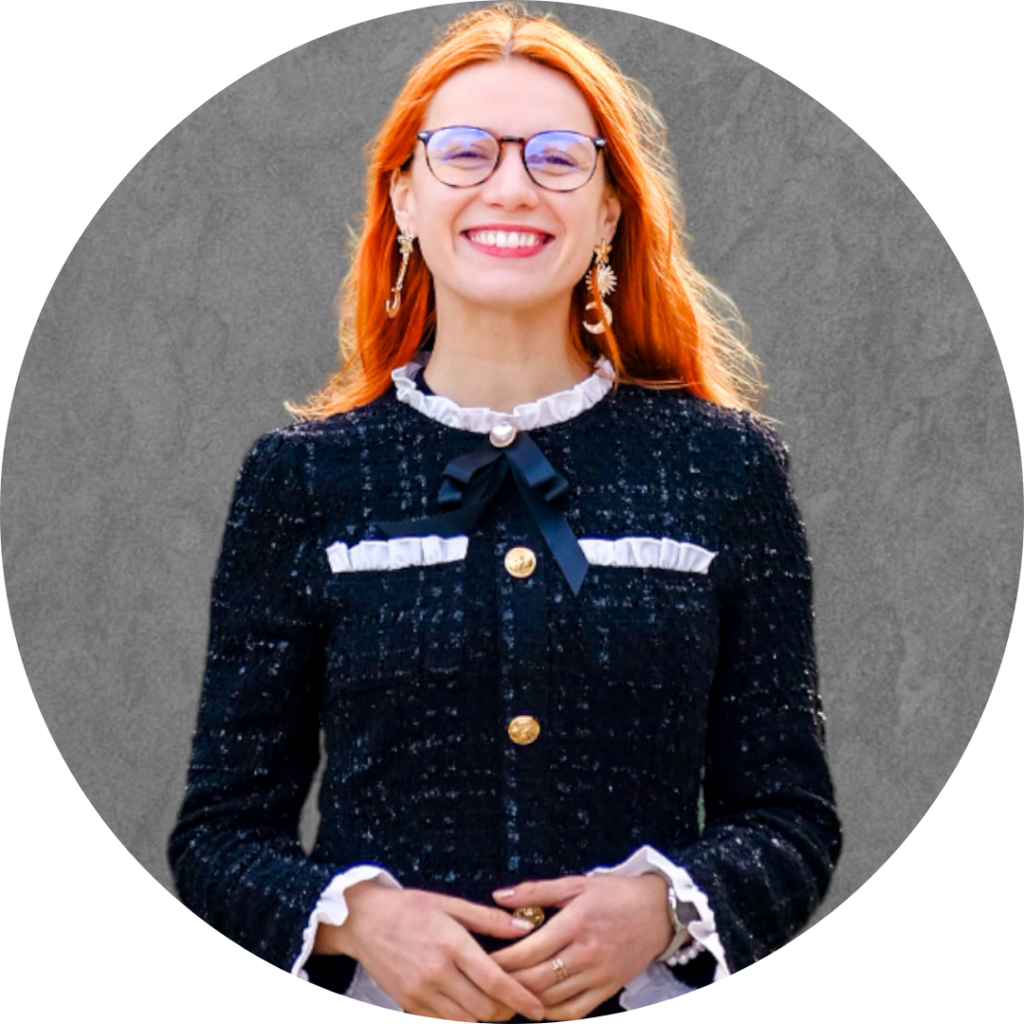
Lisa Kucher is an interdisciplinary legal professional passionate about space, creativity, and entrepreneurship. She is currently working as a Lead Business and Legal Analyst for a Luxembourg-based space startup focused on export controls compliance.
She holds a Bachelor’s degree in Law from the University of Strasbourg, a Master’s degree in International Law from the University of Helsinki, and a Master’s degree in Space and Telecommunications Law from the University Paris Saclay. Additionally, she has completed the Space Studies Program 19 at the International Space University and participated in four more ISU programs in France, Spain, Australia, and Brazil, serving as a Participant Liaison, Mentorship Officer, and a Teaching Associate. Taking inspiration from human interactions, arts, and humanities, she co-founded a creative space community called Beyond Earthbound in 2022.
Lisa is also an avid hiker and enjoys learning new languages. Previously, she was involved in various SGAC events, such as the inaugural SG France in Paris (2019), SGC 2020, and SGC 2021 as part of the PR and Communications team.
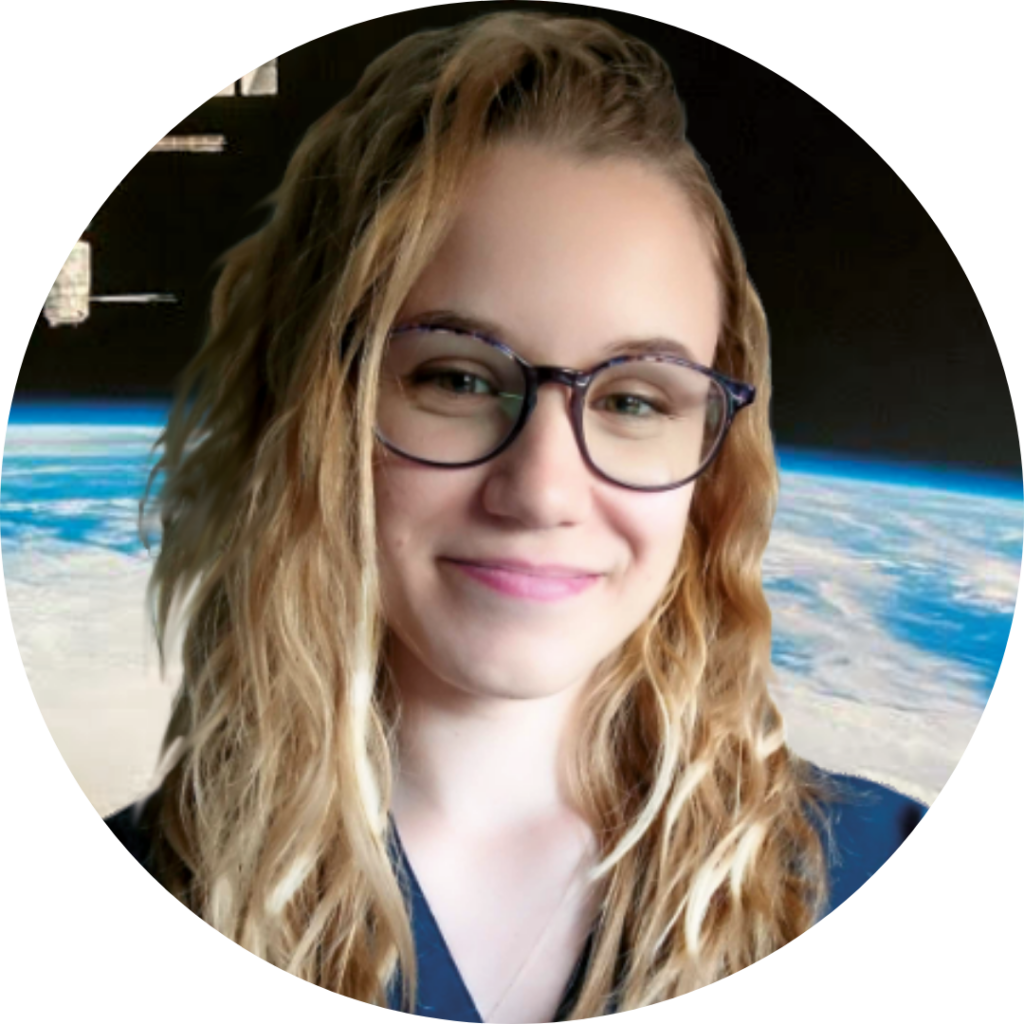
Tania is a young aerospace system engineer working in Thales Alenia Space in Turin (Italy) on Lunar orbit stations and LEO scientific missions. She graduated from IPSA Toulouse in 2020 and did a specialized master in space exploration systems in Politecnico di Torino (Italy). Born in Germany and raised in France, from a family of artists and engineers, today she fulfills her dreams of working in the European space industry. As an engineer by day, and as a SGAC volunteer at night. Within SGAC, she is the leader of the DIVINAS long term project of the Diversity and Gender Equality Project Group as well as part of the logistics team for the SGC 2022 in Paris. She was the SG[France]2021 event manager, she organized the first Model UN of SGAC in collaboration with the European Center for Space Law and supervised the last two SG[France] events. She is a genuine space enthusiast and an advocate for Women in STEM !
In her free time she competes artistics gymnastics at national level, she enjoys hiking, rock climbing, diving, doing alpinism, drawing and fliying onboard a glider.


